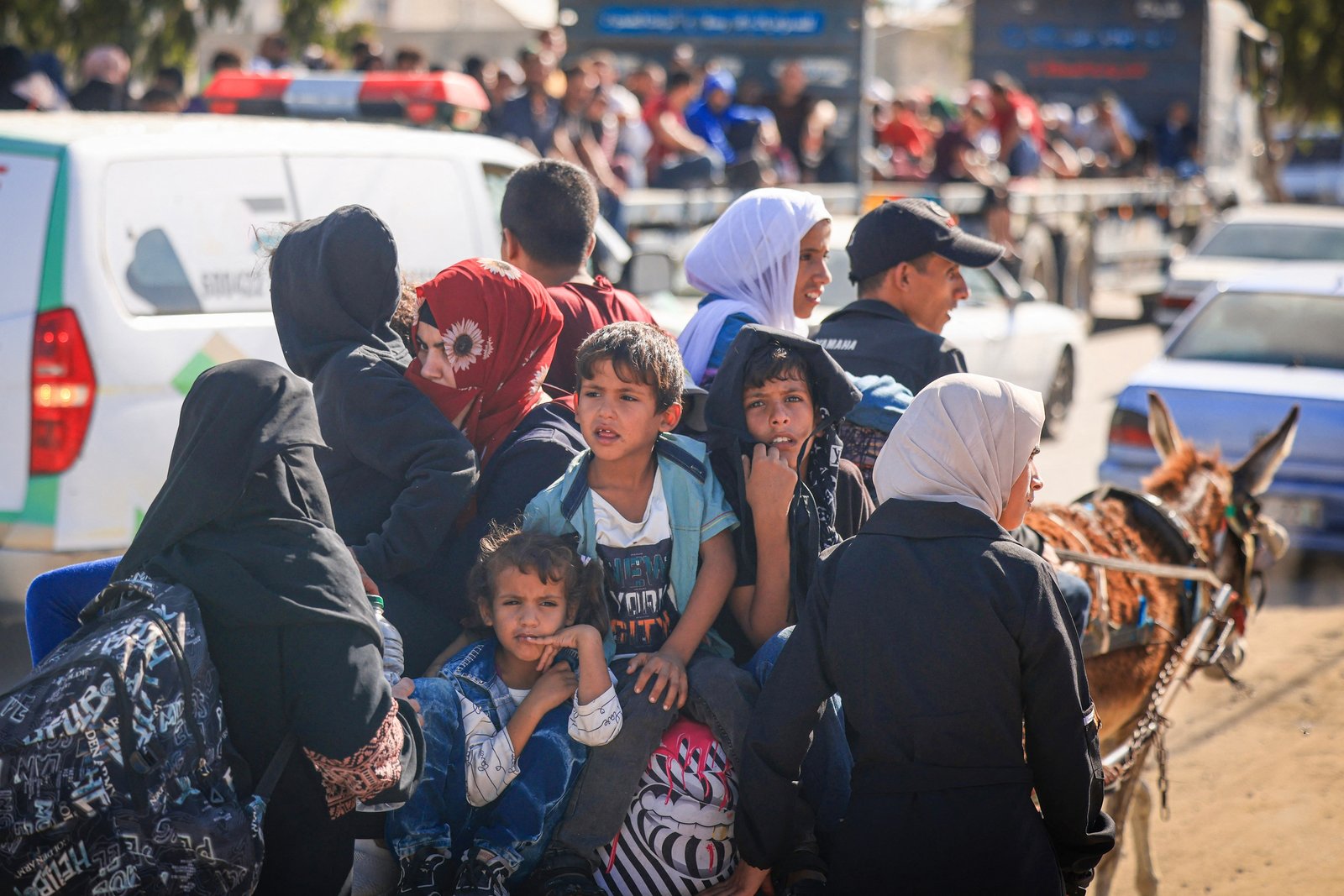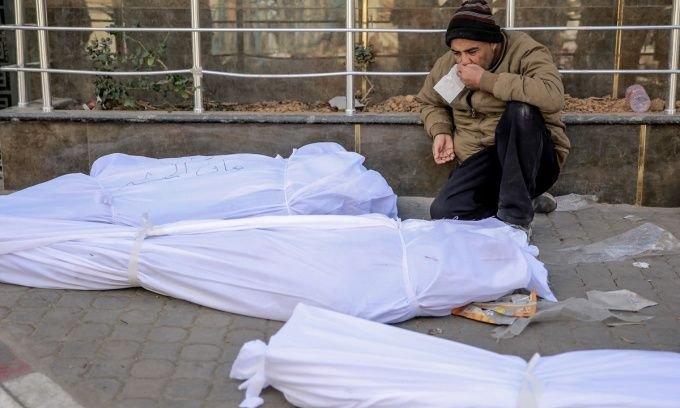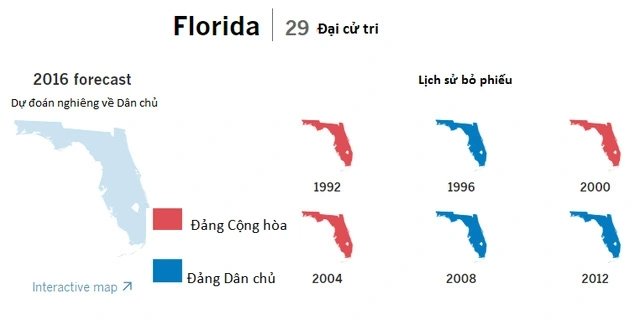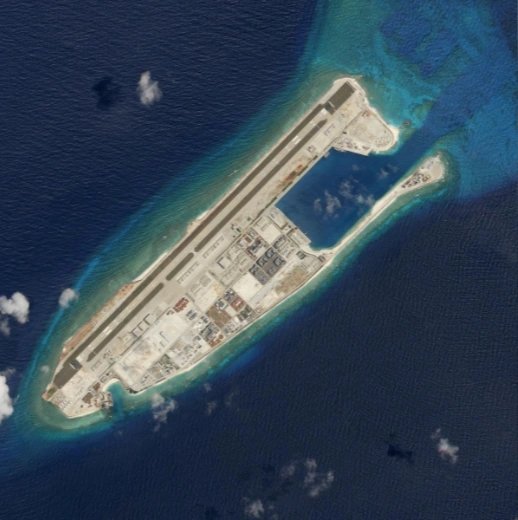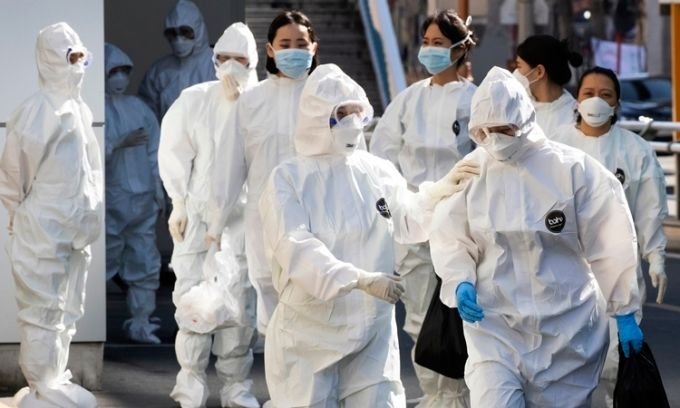
South Korea this morning recorded 114 new infections, bringing the number of infections nationwide to 7,869.
Medical staff at a hospital in Daegu on March 11.
Instead of implementing a blockade of epidemic-centric cities like China, South Korea applies an open information model, encouraging the public to participate in fighting the epidemic and conducting large-scale testing in a `speedy` manner.
All people who had contact with the patient were identified and tested.
People regularly receive text messages every time a new infection is detected in the area where they live or work.
The testing fee is about 160,000 won ($130), but suspects (people related to confirmed cases) or those who test positive are free.
South Korea can perform more than 15,000 tests per day and has conducted 220,000 tests as of March 11.
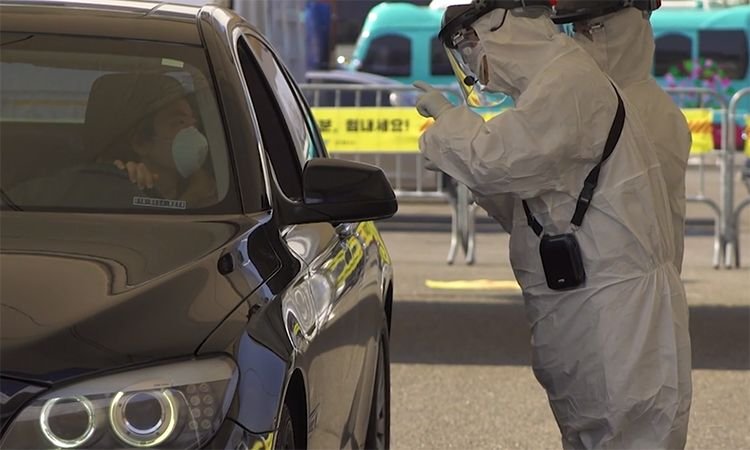
Test for nCoV without leaving your car
South Korea tests for nCoV without leaving the car.
Korea has learned from previous epidemics.
Within weeks after Covid-19 broke out in China, South Korea developed rapid nCoV testing kits, providing results in 6 hours.
Officials urged people to stay home, avoid gatherings and minimize contact with others, leaving streets and shops and restaurants quiet, even in traditionally bustling areas of Seoul.
With this `massive` testing measure, the number of nCoV infections in Korea increased rapidly, but the death rate in the country is only 0.83%, much lower than the global average 3,
According to experts, widespread testing will detect cases with mild or no symptoms, increasing the total number of cases.
Furthermore, the composition of the infected population in this country is very special: most are women and nearly half are under 40 years old.
The question is whether other countries should follow Korea’s anti-epidemic model.
`Testing is an important first step to control the virus,` Kami said.
South Korea `acted strongly and quickly`, in contrast to Italy’s approach, said professor Marylouise McLaws from the University of New South Wales.
On March 9, Italy issued a nationwide blockade when the country recorded more than 9,000 cases of infection.

